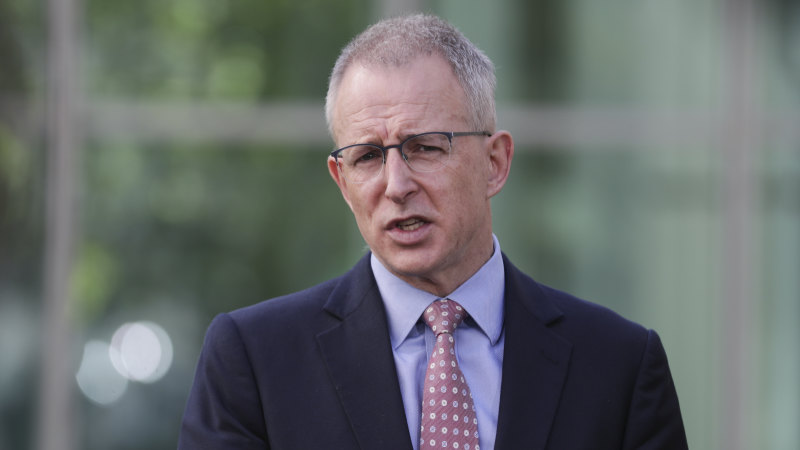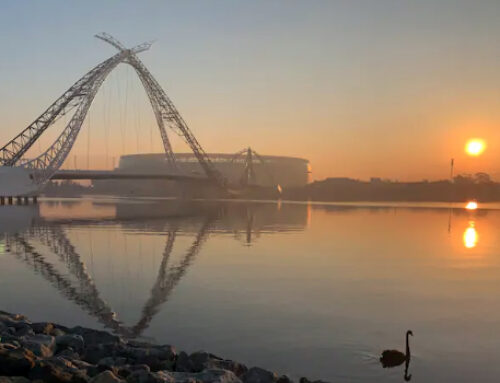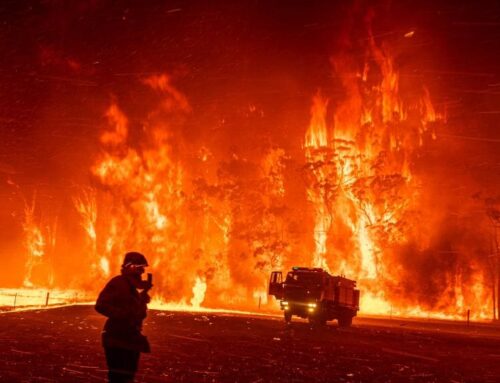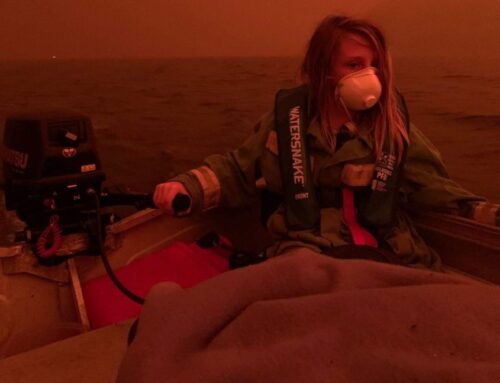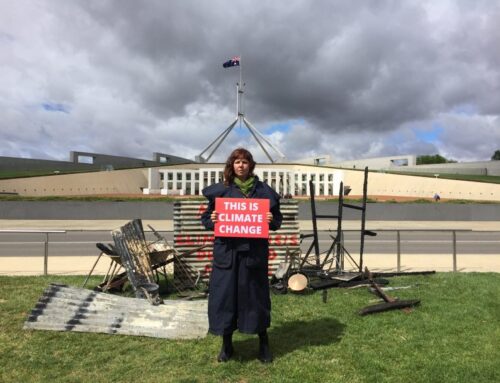A sweeping review of the telecommunications industry will examine its disaster resilience, with a high-powered meeting of executives and government officials agreeing to better protect phone and internet networks in the wake of the unprecedented bushfire season.
Thousands of Australians were cut off from communications and some couldn’t get money out of their accounts when mobile towers were damaged in the recent fires.
Chief executives from Telstra, Optus, Vodafone and other industry representatives met Communications Minister Paul Fletcher and government officials in Sydney on Wednesday to discuss the sector’s response to the crisis.
The participants agreed the Australian Communications and Media Authority would launch an “industry-wide review into the impact of the bushfires on telecommunications networks, and how the operators responded”, according to a statement from Mr Fletcher.
Industry body the Communications Alliance will also develop a new national model for telcos’ disaster management, governing their interactions with government agencies.
The meeting canvassed a range of measures to toughen infrastructure, including increased clearing of bush around mobile base stations and transmitters, boosted information sharing from energy companies to allow targeted deployment of emergency generators, and enabling telcos to access emergency fuel stores for back-up power.
Telcos will also examine improved “redundancy” in networks so people have back-up services available during disasters, improved use of WiFi and satellite technology when mobile networks are down, and rolling out more temporary facilities like “cell on wheels” base stations.
“This bushfire season is not over yet and may continue into 2020 – the telecommunications industry is working hard to help affected communities and is well-positioned to react quickly to any future bushfires,” Mr Fletcher said.
“There’s potential for improvement on a whole range of fronts, notwithstanding the fact that networks have been protected reasonably well during these fires and recovery of services has been pretty successful,” he said.
Scores of mobile base stations have been knocked out over the course of the bushfire season, leaving people cut off from contact with emergency services and unable to pay for essential supplies. Telcos have scrambled to restore services, rolling out satellite trucks, portable reception towers and repairing base stations.
When the bushfire crisis was peaking in early January, around 150 mobile base stations were offline across Victoria, NSW and South Australia. More than half were back online within four days and the vast majority have since been remedied.
Similarly, Optus’ vice president of regulatory and public affairs, Andrew Sheridan, said the roundtable was constructive.
“We very much welcomed today’s telecommunications industry roundtable, which provided an opportunity to constructively discuss industry response to the recent bushfire crisis,” Mr Sheridan said. “Mobile networks have remained overwhelmingly resilient during the this intense bushfire season with power supply being a key factor in network availability.”
Fergus Hunter and Zoe Samios
https://www.smh.com.au/politics/federal/telcos-move-to-strengthen-mobile-networks-in-wake-of-bushfire-crisis-20200122-p53tqw.html

